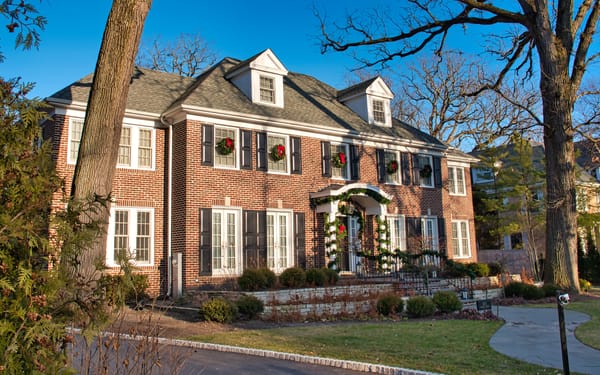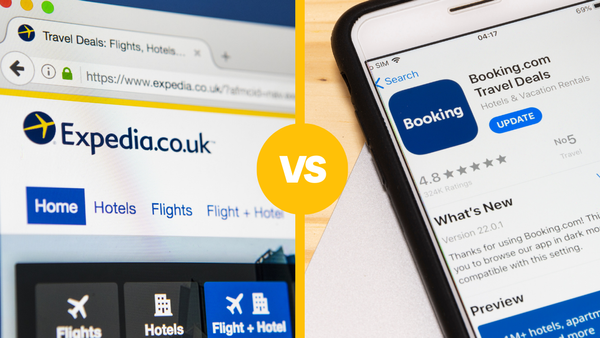Expense Breakdown: How Much Does it Cost to Put Your House on Airbnb
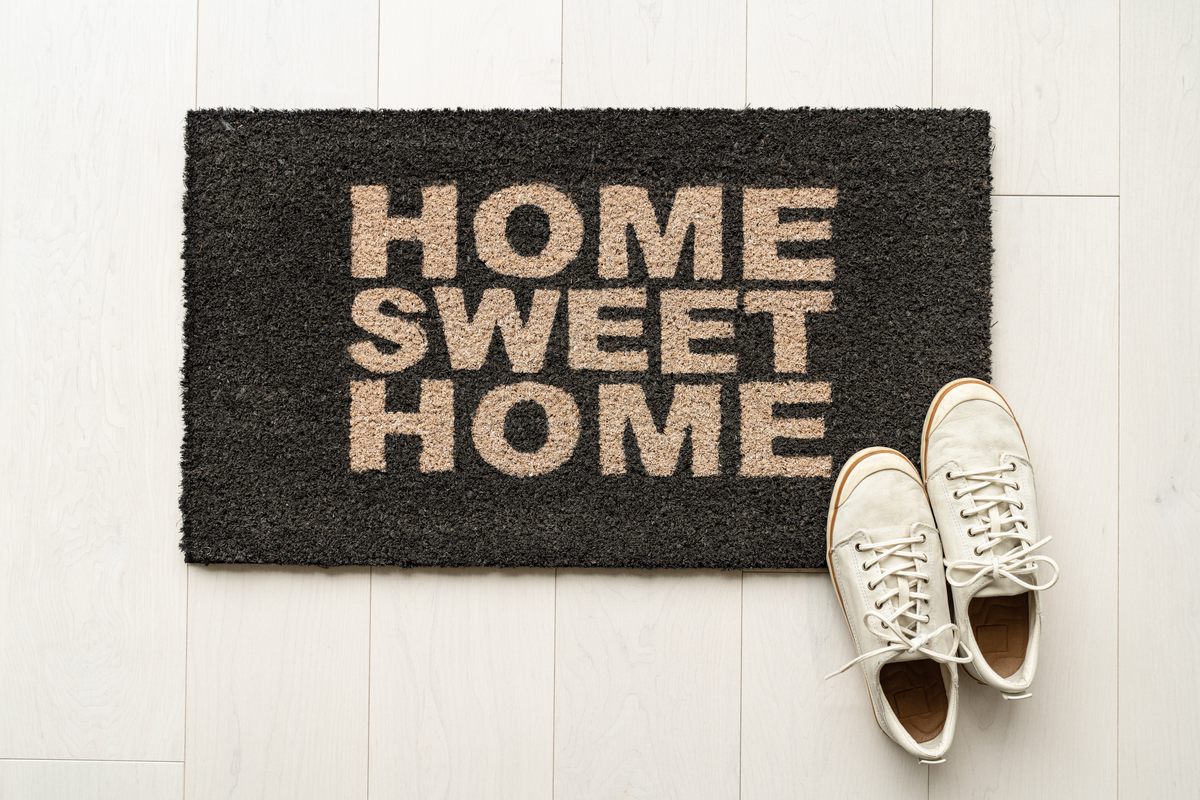
The beauty of short-term rentals is that you can generate a high cash-on-cash return, which isn’t the case with other real estate investments like long-term rentals.
In this article, we’ve compiled a list of key costs to consider if you plan to list your property on Airbnb. Approach your Airbnb business systematically, and you’ll be able to predict your income and expenses quite accurately.
Firstly, set an income goal, and get an idea of the maximum gross revenue your Airbnb listing can make. Calculate expenses, including maintenance and taxes to get a clear picture.
Let’s break down all these expenses so you can better predict your Airbnb profit and cash flow.
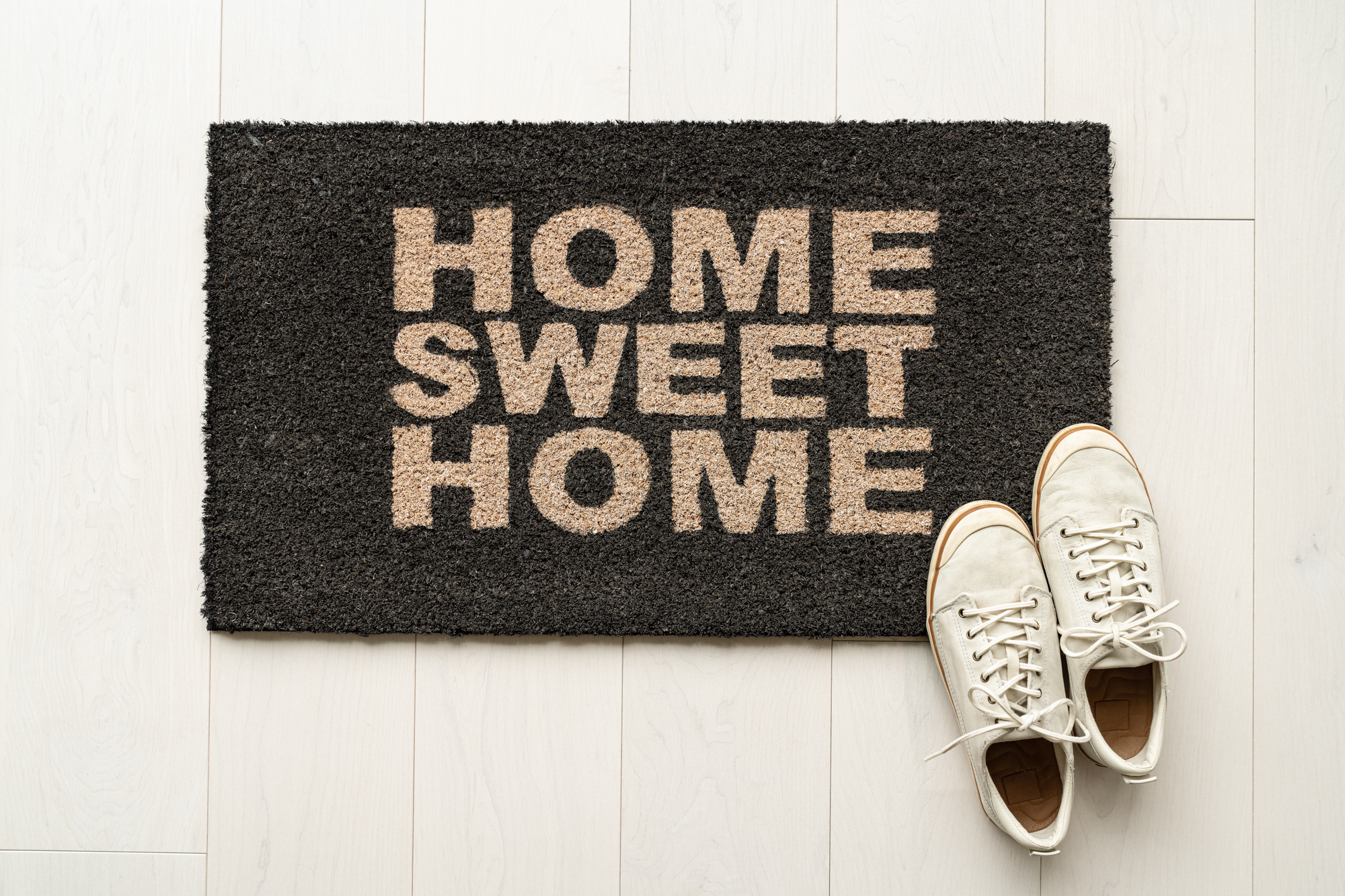
What Costs to Expect When Launching an Airbnb and How Much?
Becoming an Airbnb host and Becoming an Airbnb host and creating a listing is free. But the money you’ll need to invest in the house depends on whether the property requires renovations, furnishing, or additional work.
Every Airbnb host should be aware of these expenses when starting an Airbnb:
- Airbnb service fees
- Startup costs: mortgage, renovation, and furnishing
- Professional photography
- Cleaning costs
- Property management fee
- Regular maintenance
- Insurance
- Monthly utility expenses
- Supplies
- Pest control
- Taxes
- Homeowner association fee
Upfront costs can vary greatly depending on your goals, amenities, and the existing condition.
Short-term rentals are more susceptible to wear and tear, and trying to save money on material and furniture could lead to costly repairs later on.
Fortunately, these upfront expenses will be covered by your rental income. To better understand these financial dynamics, estimate your gross expected revenue and compare it with your maintenance costs and expenses.
Airbnb service fees
First off, Airbnb doesn’t charge hosts to list their property on the platform. So, how does Airbnb charge hosts? They charge a service fee each time a booking is made. The percentage Airbnb takes depends on the fee structure. Every Airbnb host can choose between two fee structures: host-only fee and split fee. Service fees are calculated from the booking subtotal (nightly price plus additional fees, excluding taxes).
Which Airbnb service fee structure is better? Let’s dive into the details of Airbnb fees to understand better.
Host-only fee
With a host-only fee structure, the entire service fee is automatically deducted from the host’s payout. Typically, Airbnb deducts a host fee of 14-16% of the booking subtotal. There’s no guest service fee. Although the host service fee might seem high, it has one advantage: having fewer additional fees makes the purchase more appealing to guests at checkout.
Unlike the split fee, where a guest is charged a larger portion of the service fee, the host-only fee avoids this possible inconvenience and makes guests feel more comfortable with the overall price.
With strict cancellation policies, service fees are slightly higher. The same goes for super strict cancellation policies. Conversely, for medium-term vacation rentals, the service fees are lower.
Hosts who use property management software such as iGMS are required to pay a mandatory host-only service fee. Airbnb called this option Simplified pricing and the commission is 15% of the booking subtotal.
For traditional hospitality listings, such as hotels and serviced apartments, the host-only service fee is mandatory.
Airbnb Luxe, a program for luxury and unique properties, has higher service fees.
Split fee
The split fee structure on Airbnb is a pricing model where both the host and the guest share the service fees.
Airbnb charges hosts 3% of the booking subtotal. The guest pays the guest service fee, usually around 14.2% of the booking subtotal. This fee varies depending on the length of the stay, the booking amount, and other factors. The guest service fee is added on top of the booking price and visible to the guest during checkout.
Split fee offers a good balance for hosts. Hosts need to consider how guest service fees impact the final price seen by the guest and may need to adjust their pricing strategy accordingly to remain competitive.
Charging a cancellation fee
Cancellation fees are imposed by Airbnb when a host cancels a confirmed booking, as part of Airbnb’s cancellation policy.
When a host cancels a reservation, they are charged a cancellation fee, depending on how close the cancellation is to the check-in date. Airbnb imposes penalties on hosts for frequent cancellations. If you’re not careful the cancellation policy could affect your short term rental business.
Cross currency bookings
If a guest books from another country, the currency conversion costs are charged to guests. For hosts, cross-currency bookings on Airbnb mean they can accept reservations from guests worldwide, regardless of currency differences, with no expense on their side.

Startup costs
The most significant expenses are a monthly mortgage payment and a down payment when taking a loan to buy a rental property.
If you’re just getting started, also consider other options for short term rentals that don’t require property ownership. For instance, rental arbitrage is a model where you lease from a property owner and then sublet it on Airbnb.
Once you have the property, you’ll need some money to furnish it. How much will it cost to furnish your rental space? It depends. It could be as low as $2,000 to $4,000 if you’re using your old furniture or buying used items on Craigslist, assuming basic elements like the kitchen are pre-installed.
If you have the budget to invest in brand-new, decent-quality furniture, the cost can rise to around $20,000.
The next step is to showcase your Airbnb property in its best light. After you’ve finished setting up, a one-time professional photography session can make all the difference. A picture speaks volumes, and stellar photography can significantly impact your bookings. Rates for photographers start at around $100, with more established professionals charging between $250 and $450 for a session.
Operating Expenses and Maintenance
Let’s dive into the regular expenses that Airbnb hosts should keep in mind.
A cleaning fee
On Airbnb, guests are charged a cleaning fee on top of the nightly rate. The price of the cleaning fee is entirely up to the hosts. By setting a competitive cleaning fee, you won’t have to pay anything out of your pocket. Since guests cover the cleaning costs, your only responsibility is coordinating the cleaning with your crew.
Maintaining your Airbnb in pristine condition is essential, so it’s important to have a reliable cleaner whom you can trust. Cleaners are your insiders, the first to notice damage or any urgent repairs. Cleaning fees should be high enough to cover cleaners’ paychecks but not so high as to put off guests.
Property Management Service Fee
Are you planning to manage the Airbnb yourself, or will you delegate it to others?
If you choose the latter, be prepared to pay them between 10-40% of your revenue. A property manager overseeing Airbnb rentals carries out a variety of duties to keep the property in top condition and ensure a steady income for the owner. They:
- Set market based pricing and adjust a nightly rate.
- Handle guest communication, questions, reviews, check-ins, and check-outs.
- Perform routine maintenance, schedule and supervise regular cleaning services, and handle emergency repairs.
- Keep track of and restock essential supplies.
- Manage expenses and keep financial records.
- Ensure the property complies with local regulations and licensing requirements.
- Handle tax-related matters and remittances.
- Use vacation rental software to streamline operations and manage direct bookings. (We recommend checking out iGMS for free if you want to make property management a breeze)
- Provide 24/7 support for emergencies
Now, not all companies will handle all tasks. Some even offer various service tiers depending on your specific needs.
How to Identify a Great Property Management Company for Your Airbnb?
Large property management companies like Vacasa, Evolve, or TurnKey operate on a grand scale, US-wide. You can reach out to them and get a quote.
Alternatively, you could hire a local manager. As mentioned earlier, these companies typically take a percentage of your earnings.
If they charge a lower rate, say around 10%, it likely means they’re only managing a subset of the tasks. It depends on whether you need them to handle all operations or just one part. Some managers may also offer a flat service fee arrangement.
A common rate to expect for full management is between 20% and 30%. Surely, a percentage fee incentivizes them to work harder to increase your bookings.
Regular Maintenance
When managing an Airbnb, expect wear and tear, occasionally requiring repairs or furniture replacement. These expenses are part of regular maintenance, and it’s recommended to set aside a maintenance fund. And if your property includes a lawn, landscaping costs can range from $40 to $80 every two weeks. Garbage disposal also needs to be planned.
Insurance
Although Airbnb has its own insurance policy called Airbnb Aircover, that likely won’t be sufficient for peace of mind. Insurance for short-term rentals is different from long-term rental insurance as it gives you more extensive protection. Insurance includes:
- Coverage for loss of income
- Property and contents insurance
- Personal liability coverage
- Location-specific coverage (property damage caused by floods, tornados)
Some Airbnb hosts choose to add umbrella insurance on top of their short-term rental insurance for an extra layer of protection. Umbrella coverage acts like a safety net that kicks in when the limits of your primary insurance are maxed out. The insurance price is usually somewhat above $100 or $150.
Monthly Utility Expenses
Prices for utilities like water, gas, and electricity can vary greatly depending on the location, size of the rental property, climate, and usage patterns of guests. But the annual cost probably won’t be lower than $2500.
Plus, you’ll add WiFi, smart TV, or cable to your monthly bill.
Supplies
Supplies and restocking for an Airbnb typically include various essential items that guests would expect to find readily available:
- Toiletries: Toilet paper, hand soap, shampoo and conditioner, body wash
- Kitchen essentials: Dishwashing liquid and dishwasher detergent, dish sponges or brushes, trash bags
- Bedding and linens: Bed sheets and pillowcases, extra blankets
- Cleaning supplies, light bulbs, spare batteries
- Coffee, tea, and sugar packets, bottled water, snacks
Expect to spend around $50/month or more on supplies.
Pest control
Many houses require occasional pest treatment, which could be an additional $40-$80/month or $250-$550 for a one-time visit.
Taxes
Now, let’s address the less popular topic: taxes. The taxes you pay depend on several factors such as income, state regulations, city permit regulations (check with local authorities), and whether you operate your Airbnb as a sole proprietorship, LLC, etc.
Can you write off some Airbnb expenses? Absolutely! You can claim tax deductions for expenses related to operating the property, including mortgage interest, utilities, guest supplies, property tax, cleaning supplies and services, property maintenance, and some others.
Homeowner Association Fee
HOA fee goes towards the cost of maintaining common areas and amenities like patios, and elevators, as well as other association-related expenses. It typically ranges from $100 to $300 and costs more for luxury properties. However, not all properties have home association fees.
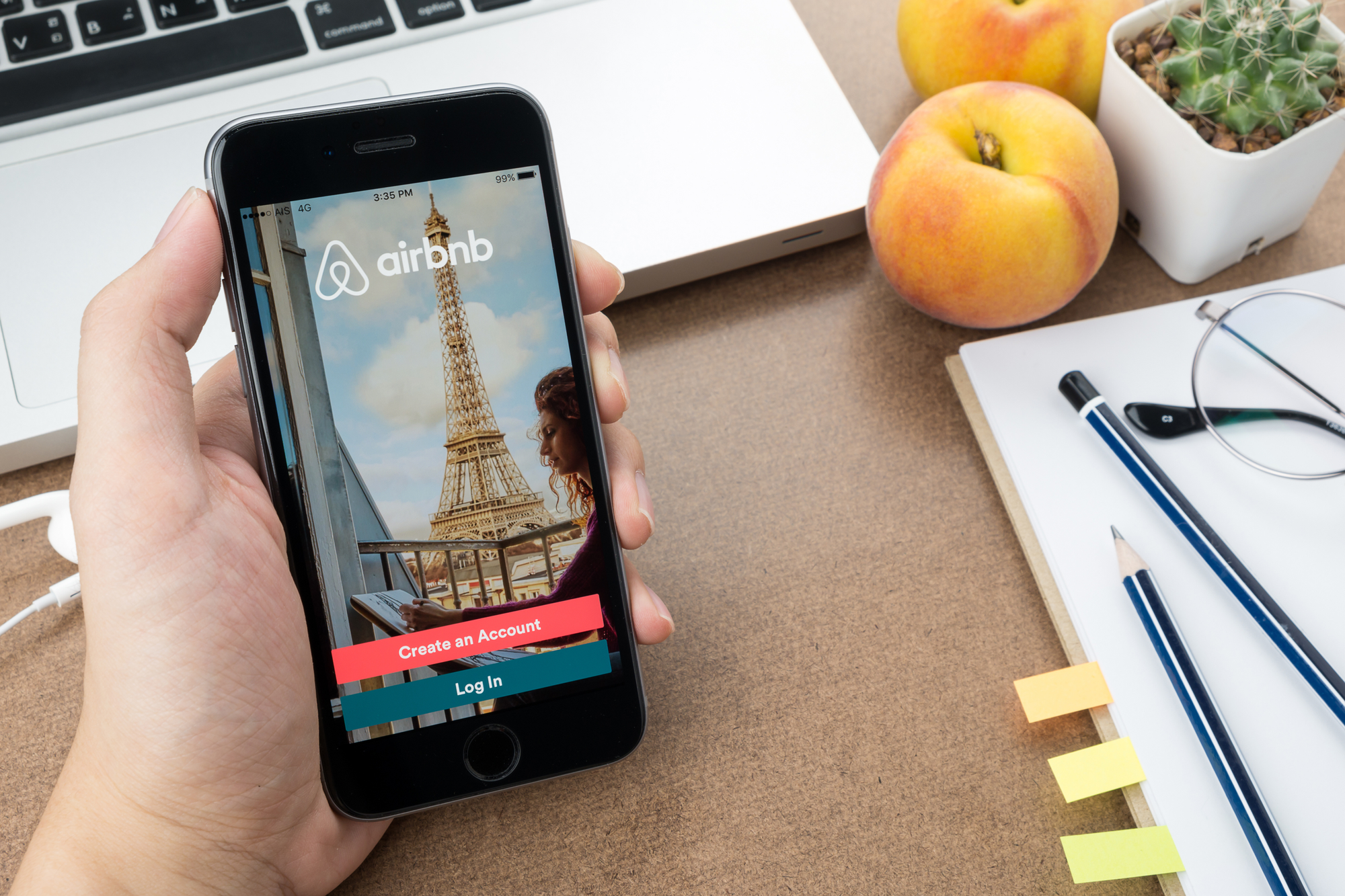
How Much Do Airbnb Property Owners Make?
Here are ballpark figures of how much it will cost you to put your house on Airbnb, including the Airbnb expenses:
*These are estimates; your actual expenses will vary depending on many factors.
| Expense | Details | Estimated Cost |
| Airbnb Service Fees | ~15% host-only fee or 3% split fee | ~15% or 3% of the booking subtotal |
| Startup Costs | Mortgage, renovation, and furnishing | Variable |
| Furnishing | One-time cost | $2,000 – $20,000 |
| Professional Photography | One-time cost | $100-$450 |
| Cleaning | No costs. Guests pay a cleaning fee on Airbnb and Vrbo | $0 |
| Property Management Fee | Percentage fee, or flat fee | 10-30% of revenue |
| Regular Maintenance | Depends, but often $0 | Fund $100-200/month |
| Insurance | Short term rental insurance + Umbrella insurance coverage | Starting from $100-$150/month |
| Monthly Utility Expenses | Water, gas, electricity | ≥ $2,500/year |
| Supplies | Toiletries, kitchen essentials, bedding and linen… | ≥ $50/month |
| Pest Control | Only if needed | $40-$80/month or $250-$550/one-time visit |
| Taxes | Variable | Depends on location, property value, and revenue |
| Homeowner Association Fee | Only if a property is subject to an HOA fee | $100 to $300, or no costs |
There’s no exact answer to how much you can make with Airbnb listings, but starting a vacation rental business shouldn’t feel like taking a shot in the dark. Estimate the potential cash flow and Airbnb costs. A simple spreadsheet to list all the expenses, as covered in this article, will help you track profitability and manage tax deductions.
Did you know that with iGMS, you can automate a major part of guest communications and assign cleaning tasks to specific crew members in just a few clicks? Check out what else automation brings to your Airbnb business.



